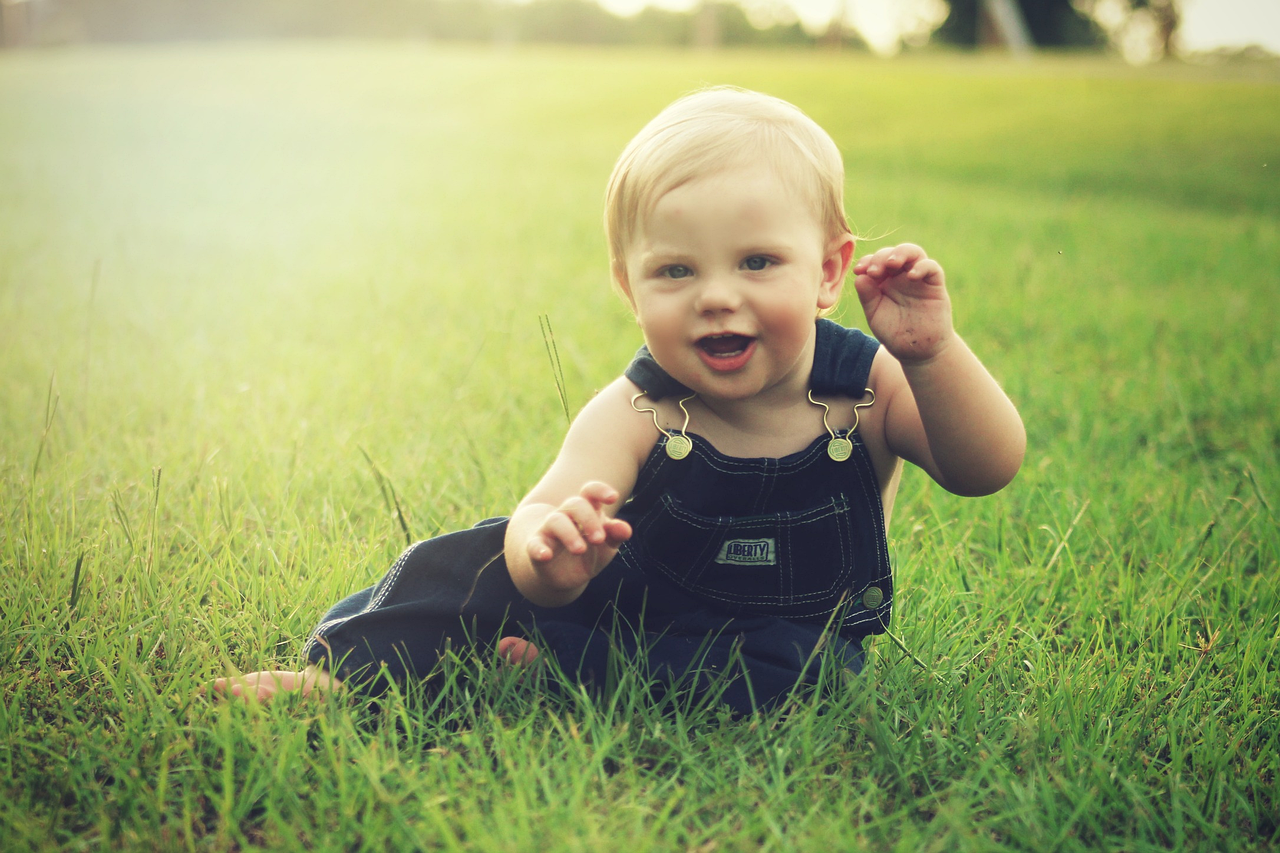Baby wipes are a staple in most nurseries, offering convenience and efficiency during diaper changes and other cleaning tasks. However, it’s important to be aware of the potential risks associated with using baby wipes and to take necessary precautions to ensure your baby’s safety and comfort.
Why Precautions Are Necessary
- Sensitive Skin: Babies have delicate skin that is more prone to irritation than adult skin.
- Ingredients: Some baby wipes contain fragrances, preservatives, and other chemicals that may trigger allergies or skin reactions.
- Overuse: Excessive use of wipes can strip the skin of its natural oils, leading to dryness and irritation.
Potential Risks Associated with Baby Wipes
- Skin Irritation: One of the most common risks is skin irritation, which can manifest as redness, rash, or itching.
- Diaper Rash: While baby wipes can help prevent diaper rash, excessive use or the use of wipes with harsh ingredients can actually contribute to its development.
- Allergies: Some babies may be allergic to certain ingredients found in baby wipes, such as fragrances or preservatives.
- Eye Irritation: If baby wipes come into contact with your baby’s eyes, they can cause irritation or redness.
Precautions to Take When Using Baby Wipes
- Choose the Right Wipes:
- Hypoallergenic: Opt for wipes labeled “hypoallergenic” to minimize the risk of allergic reactions.
- Fragrance-free: Fragrance-free wipes are generally safer for babies with sensitive skin.
- Alcohol-free: Alcohol can dry out the skin, so look for alcohol-free wipes.
- Natural Ingredients: Wipes made with natural ingredients like aloe vera and chamomile can be gentler on the skin.
- Test a Small Area First: Before using a new type of wipe, test it on a small, inconspicuous area of your baby’s skin to check for any adverse reactions.
- Use Gently: Wipe gently and avoid rubbing too hard, especially in areas that are already irritated.
- Avoid Overuse: Use baby wipes sparingly and supplement with plain water or a fragrance-free baby wash as needed.
- Rinse Thoroughly: After using a wipe, rinse the area with clean water to remove any residue.
- Check Expiration Date: Always check the expiration date on the package and discard any expired wipes.
- Store Properly: Store wipes in a cool, dry place to prevent the growth of bacteria.
- Consider Water Wipes: For newborns and babies with extremely sensitive skin, water wipes may be a gentler option.
When to Consult a Pediatrician
If your baby develops a rash or other skin irritation after using baby wipes, consult your pediatrician. They can help determine the cause and recommend appropriate treatment.
Alternatives to Baby Wipes
- Warm Water and a Soft Cloth: For everyday cleaning, a warm washcloth can be just as effective as baby wipes.
- Reusable Cloth Wipes: Reusable cloth wipes can be a more sustainable and cost-effective option.
- Biodegradable Wipes: If you prefer disposable wipes, look for biodegradable options that are made from sustainable materials.
Conclusion
While baby wipes can be a convenient tool for cleaning your baby, it’s important to use them with caution. By following these precautions and choosing the right wipes for your baby’s skin, you can help ensure their safety and comfort.





